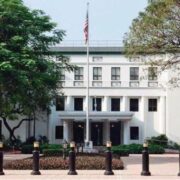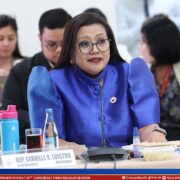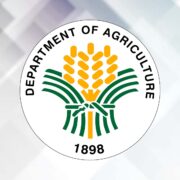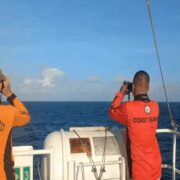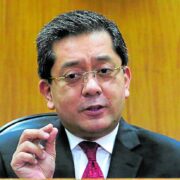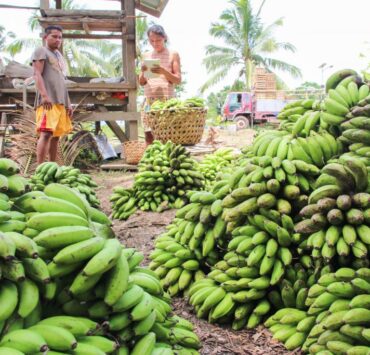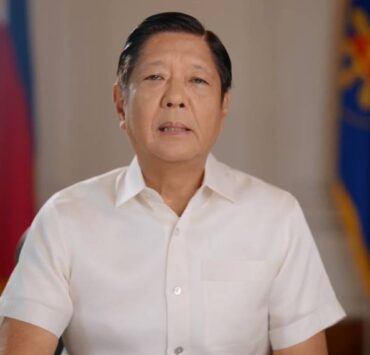Empowering indigenous peoples for biodiversity conservation: A step towards equity and sustainability
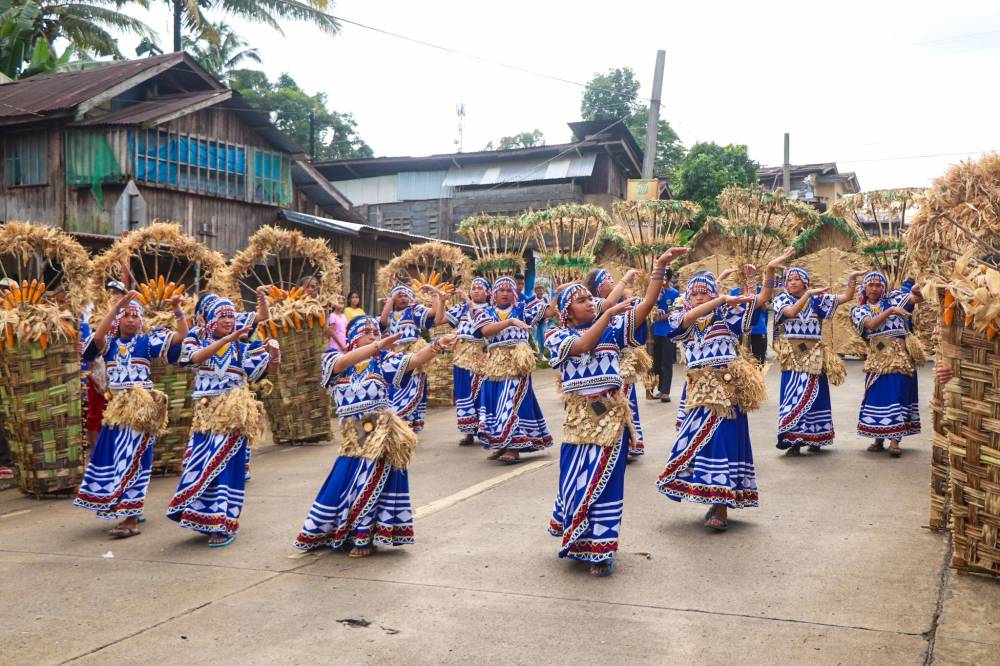
Indigenous traditional knowledge (ITK) plays a crucial role in biodiversity conservation, offering unique perspectives and practices that have been passed down through generations and are deeply connected to the land and ecosystems. The creation of a dedicated subsidiary body within the Convention on Biological Diversity (CBD) to focus on indigenous peoples represents a significant step forward in recognizing and incorporating this invaluable knowledge, which complements scientific insights, into conservation efforts.
In a speech at COP16, Assistant Secretary-General for Human Rights Ilze Brands Kehris emphasized how the establishment of this new subsidiary under Article 8j of the Convention presents a pivotal opportunity to advance human rights, particularly those of Indigenous Peoples (IP) and local communities, while also safeguarding the environment and upholding the Framework’s commitment to living in harmony with nature.
In biodiversity hotspots such as the Philippines, where IPs play a crucial role in safeguarding biodiversity, establishing a specialized subsidiary body can yield numerous advantages. Primarily, it can guarantee the meaningful engagement of IPs in governance processes concerning biodiversity conservation, granting them a forum to share their insights and expertise. This inclusive approach can result in the development of more efficient and culturally respectful conservation measures that harmonize with traditional wisdom.
Moreover, the establishment of a subsidiary body can help IPs in small economies like the Philippines access resources and funding to support their biodiversity preservation efforts. By formalizing the role of IPs in conservation initiatives, this mechanism can open up avenues for financial support that can strengthen their capacity to protect and manage biodiversity sustainably.
Despite disagreements among countries such as Russia and Indonesia regarding the establishment of a subsidiary body for indigenous peoples, it is paramount to emphasize the value of integrating ITK into biodiversity conservation efforts. As discussions unfold at COP16, it is essential to acknowledge the pivotal role that IPs play in upholding biodiversity and to endorse frameworks that enable their active involvement and equitable sharing of benefits.
By formalizing the connection between IPs and the environment through the establishment of a dedicated subsidiary body, the CBD can demonstrate its commitment to advancing sustainability, honoring cultural diversity, and embracing the holistic perspectives provided by indigenous knowledge systems in conserving Earth’s biodiversity.
Despite facing uncertainty, many delegates, myself included, remained hopeful that countries like Russia would reconsider their stance and ultimately extend their support to this initiative. Our optimism proved justified as, after days of intense debate during COP 16, they finally came on board.
After navigating through lengthy discussions, varied opinions on fairness and diversity, and getting caught up in complex matters such as digital sequence information and biodiversity finance, among others, the approval of a permanent body for indigenous peoples and local communities stands out as a historic moment amidst the challenges at the COP.
This undertaking goes beyond simply recognizing IPs as biodiversity custodians; it represents a crucial step toward addressing the deep-seated marginalization that indigenous communities have faced as stated by the Secretary General of the United Nations, Antonio Guterres. “Too often, they have been on the sidelines of global environmental policy.”
Moreover, their history is marred by systemic oppression, land dispossession, and cultural suppression. It is essential for society to acknowledge these injustices and actively work towards offering the necessary support and resources to empower indigenous communities in reclaiming their rights and safeguarding their cultural heritage.
Enhancing the representation of indigenous communities, advocating for their rights, and fostering meaningful dialogue are crucial elements in building a more inclusive and equitable society for all. According to the Secretary General, “The establishment of a permanent subsidiary body within the Convention on Biological Diversity marks a significant step forward, ensuring Indigenous voices are heard at every stage of the process.”
At present, the Philippines stands out as the sole country to have established an Indigenous Peoples’ Biodiversity Strategic Action Plan (IPBSAP), seamlessly integrated into the National Biodiversity Strategy and Action Plan (NBSAP), as affirmed by the Department of Environment and Natural Resources Undersecretary Ernesto Adobo Jr., who led the COP 16 delegation. Emphasizing the essential need for securing adequate financial backing to realize the outlined goals of the IPBSAP, he underlined its significant role.
This groundbreaking document, a pioneering initiative, symbolizes a collective commitment by IPs in the nation concerning their responsibilities, customs, principles, rights, and relationships with their territories and environments. It sheds light on the challenges and dilemmas faced by Indigenous communities in conserving biodiversity, fostering sustainable approaches, and ensuring equitable resource distribution. It assesses the legislative, administrative, and financial frameworks impacting our endeavors. It lays down objectives, proposed measures, commitments, and exemplary practices for Indigenous groups to support the attainment of the Kunming-Montreal Global Biodiversity Framework (KMGBF) objectives and targets by 2040.







